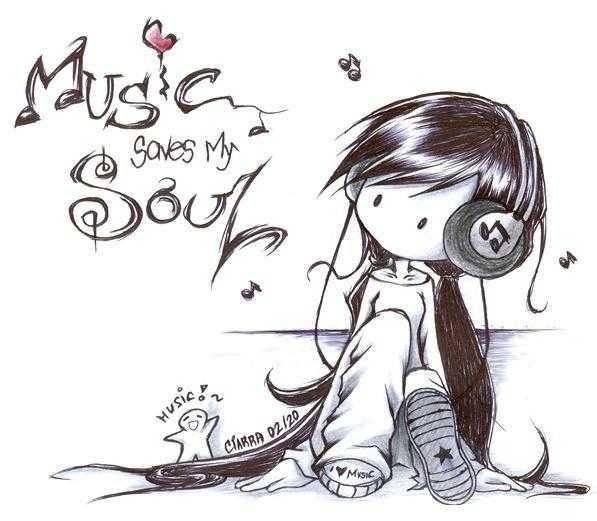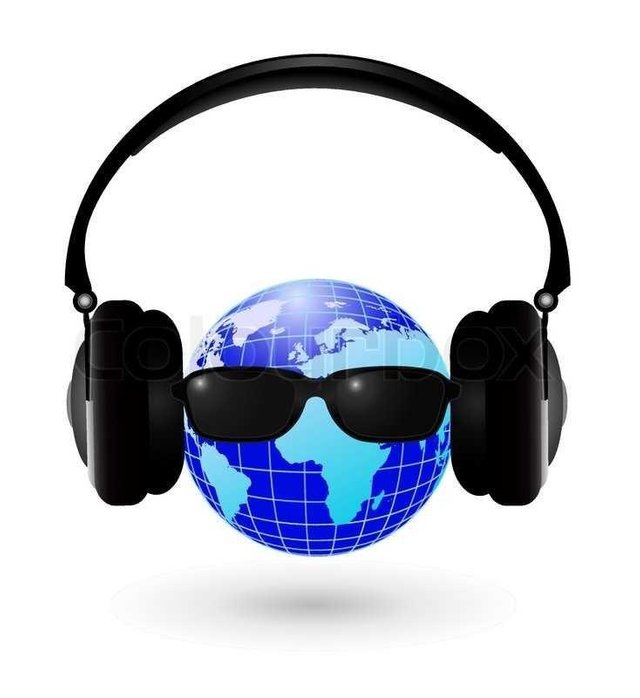listen to music
Music is a form of nonverbal communication, in which music-including the lyric and arrangement that it creates-involves inviting the listener to sense what emotion is expressed by the creator or the arranger. Emotions can be said to be forms of action that relate to everyday experiences, habits, perceptions, memories, moods, and the environment around ...

Music is believed to affect the emotions of the listener, in the sense of the active variety of cognition and feelings of the listener. A neurological study by Kaufmann and Frisina * (1992) suggests that half of the human brain has the task of processing various aspects of experience gained from musical activities.
Modes (major or minor scales), harmony (simple or complicated), rhythm (monotonous or fluent), tempo (sooner or later), and melody line (up or down) are elements in music in expressing emotions. These elements can affect the emotions of the listener, such as example: When music is played quickly in the major mode, the listener will capture the impression of joy. Conversely if in slow tempo and minor mode, the listener will capture the impression of sensitive feelings.
"What affects the creation of a music-in determining the combination of mode, harmony, rhythm, tempo, melody line? Then what makes lw prefer to listen to this music rather than that music? ... Emotions !! "

Music is used as a "change agent," to change the mood, as we often hear: 'music makes me more relaxed when anxious.' Music is also commonly used as a means of emotional release. Actually music does not play a role in generating emotions, but rather provides access for a person to his emotions.
For that do not be afraid to express emotions in music. Convey the 'emotion' with your own emotions. Because the music without emotion is bland !!